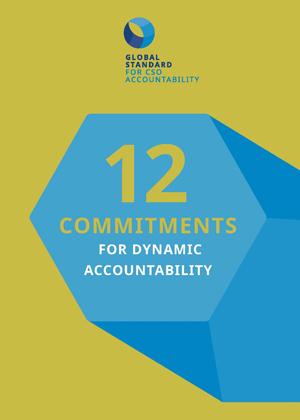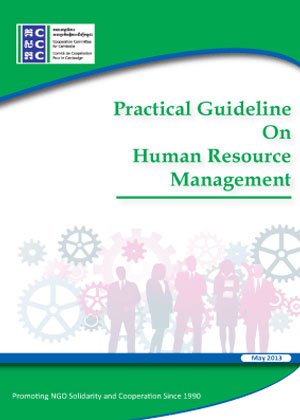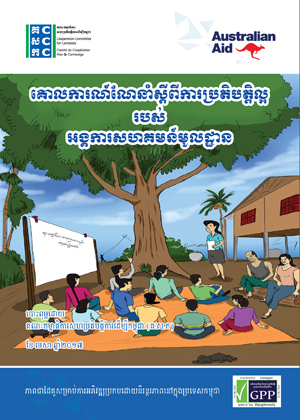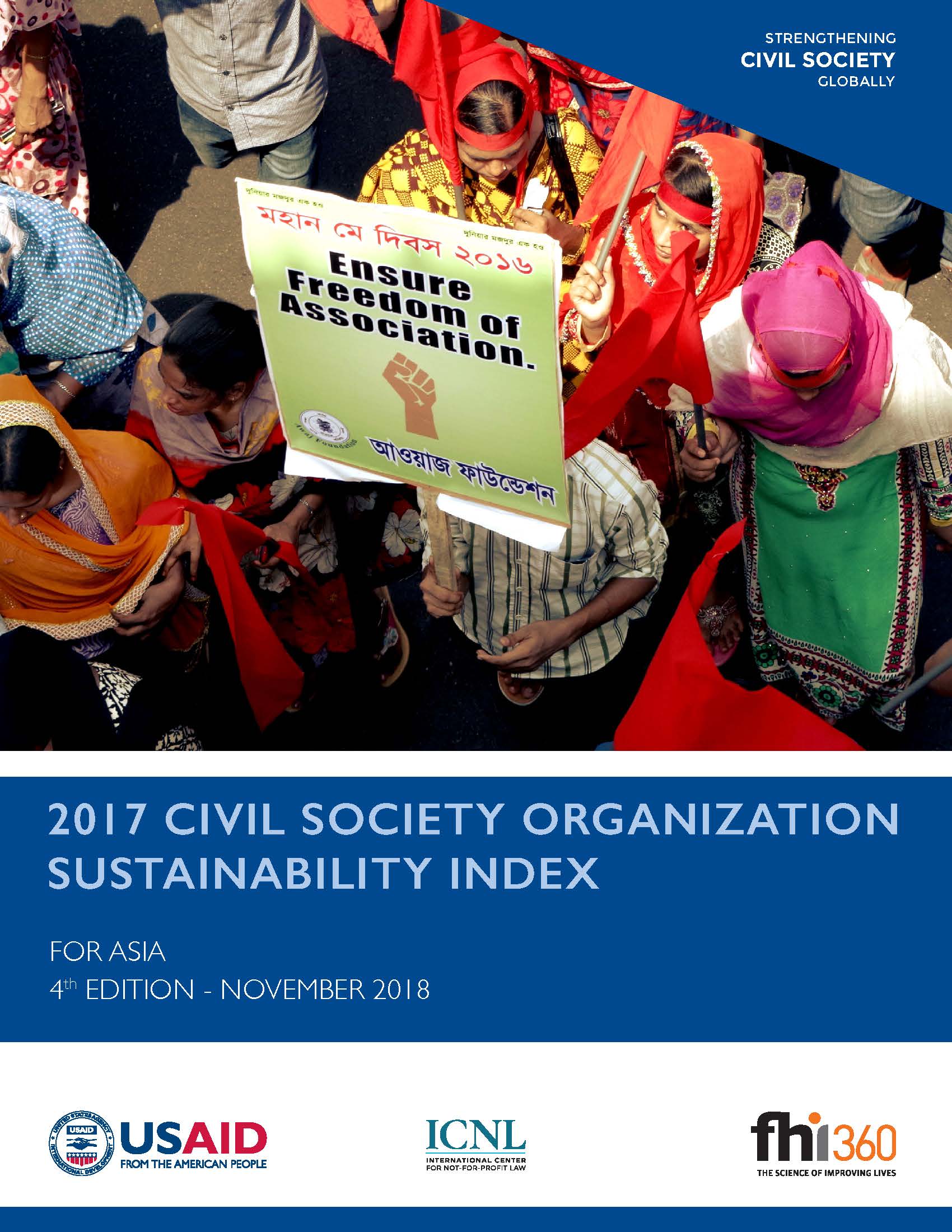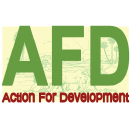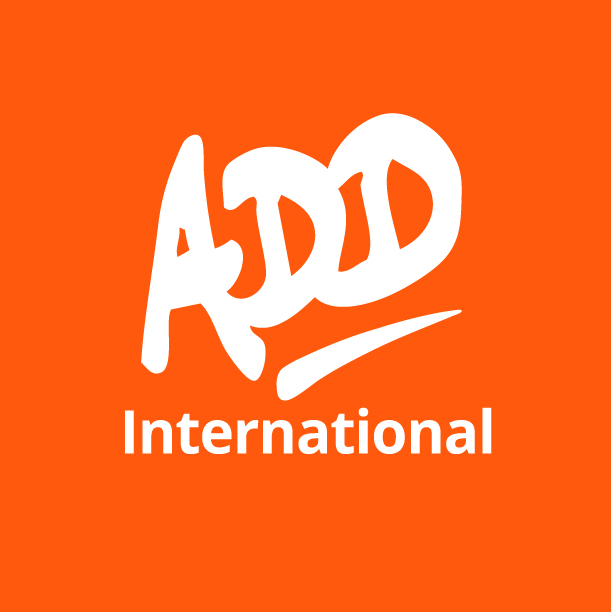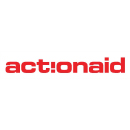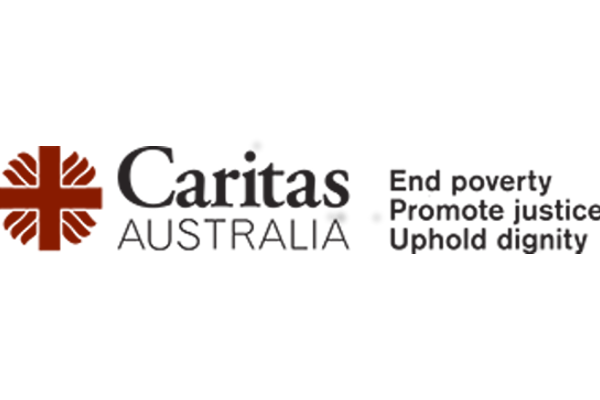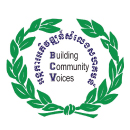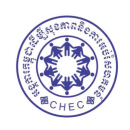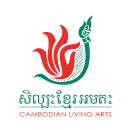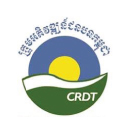2014 CSO Sustainability Index for Cambodia
Cambodia has been ruled by the Cambodia People’s Party (CPP) since the Khmer Rouge regime was overthrown in 1979. Civil society was almost non-existent in the 1980s. The signing of the Paris Peace Accord in the 1990s paved the way for development partners, international nongovernmental organizations (INGOs), and other stakeholders to join forces to help develop the country. In turn, CSOs mushroomed with support from international donors. Their accountability to the communities they serve has gradually increased over the past twenty years.
General elections in July 2013—the fifth national election since the Paris Peace Accord—produced a political deadlock. Several mass demonstrations, notably strikes of garment workers, resulted in violence and deaths. Subsequently, the Royal Government of Cambodia (RGC) attempted to suppress protests and demonstrations organized by labor unions and civic and political activists, severely curtailing the freedom of peaceful assembly. The situation somewhat improved after the political parties reached an agreement to end the deadlock in July 2014.
The capacity of CSOs varies depending on the type of organization. Registered organizations tend to have some administrative, financial, and operational management systems, while small and local CSOs are typically unregistered and lack such systems. Most CSOs depend on international donors for funding. Local philanthropy, mainly in the form of communities providing in-kind support, constitutes a limited source of support for CSOs.






